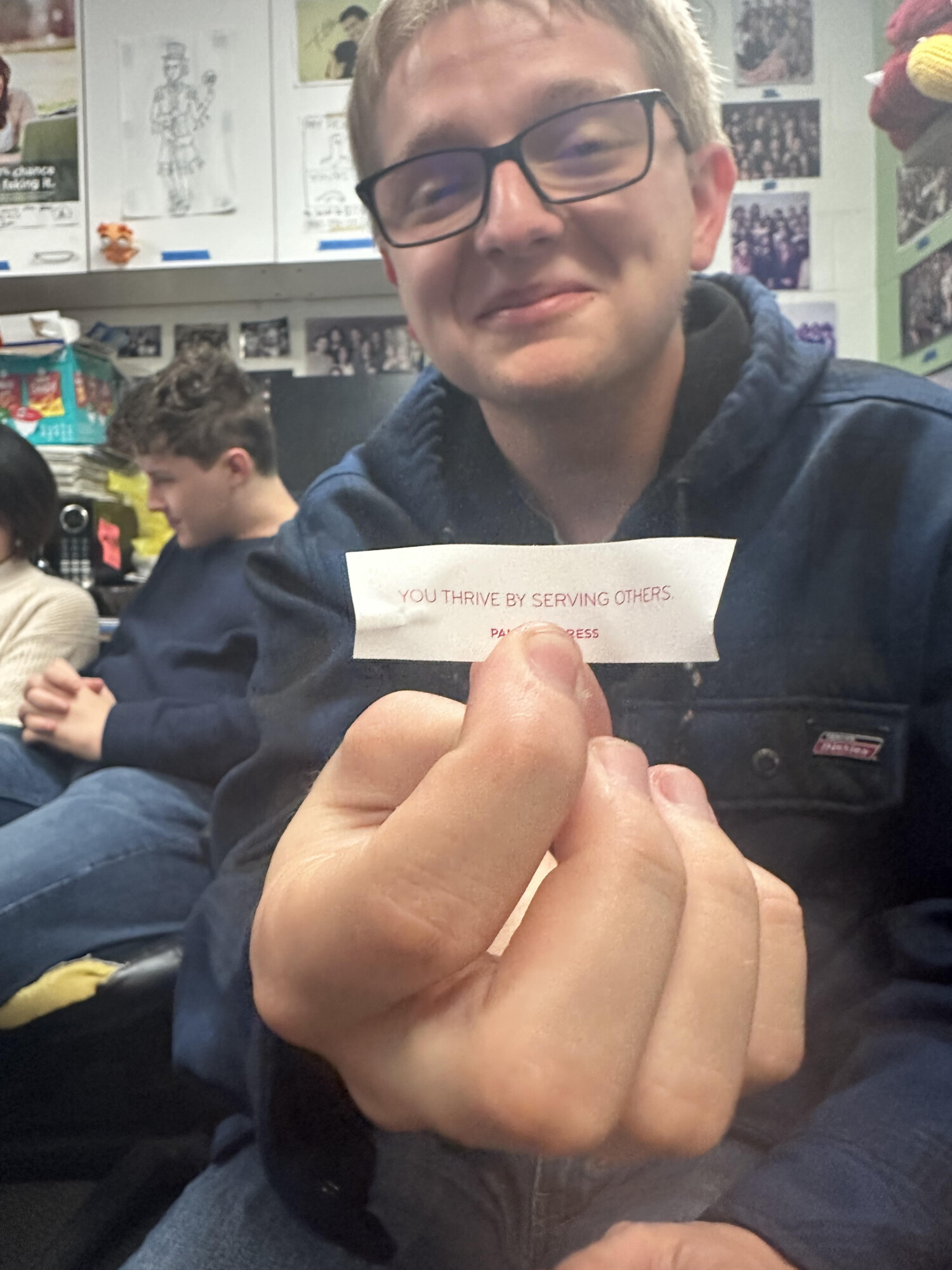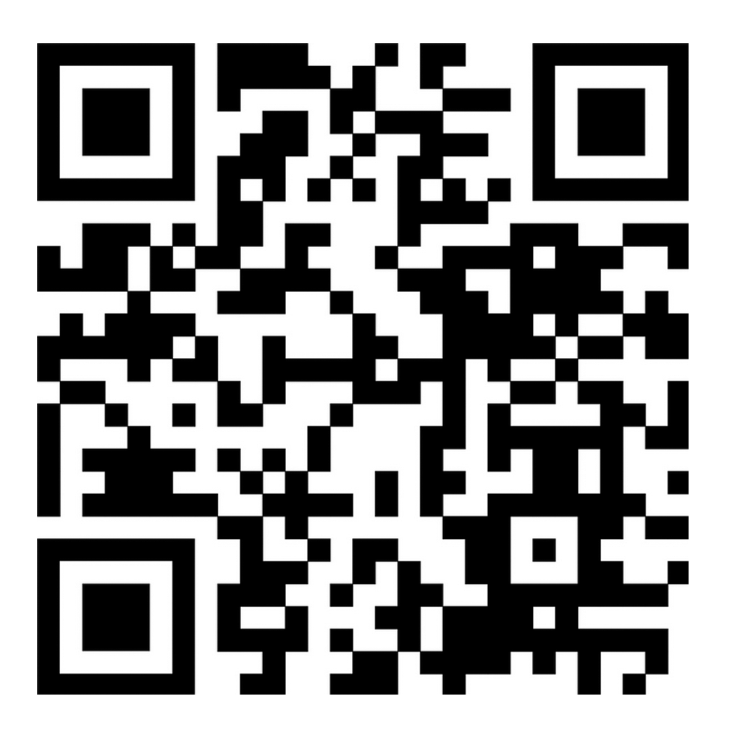
Photo by: Connor Gorry
Openly acknowledging and addressing your friends as “friends” may strengthen your relationship, according to an American Psychological Association report released last Tuesday. In a surprising twist, the effect remains even when you perform the practice behind their backs.
For the project, 43 undergraduate students, who all claimed to have never had friends, were selected from 20 colleges in California. Each was assigned a randomly chosen classmate to befriend. Half of these participants were specifically instructed to say that their assigned targets were their friends behind the target’s back. After the five-week experiment period, the participants who proactively spoke out about their relationships reported significantly more positive feedbacks, including reduced loneliness and increased sense of connection.
Lilian, a 19-year old communications major, discussed her transition, though with some lingering timidity. After practicing saying, “Ryan is a nice friend!” in front of the mirror for days, she reached a point where she suddenly felt confident enough about their friendship to move beyond the mirror.
Following this burst of determination, she reportedly went out to the street, trying to tell people, “Ryan is my friend now!” in every possible conversation, from market cashiers to dining hall staff to stray dogs.
Taking an even braver step, Steve, a 21-year-old computer science student, reported speaking to his friend intimately across the lawn. He proudly claimed to the researcher that he was “charged with excitement” and “won’t need that six-foot-tall bush between them the next time.”
One of the most inspiring stories so far was shared by Katrina, a marine science major, who openly discussed her initial failure.
“I tried to send my warm regards via gifts,” she recalled. “With great determination, I started putting small sea-star stickers onto her dormitory door. It didn’t go very smoothly at first. For some reason (I’ve never figured out why), she kept cleaning my presents off her door.
“For a time, I thought I might be doing it wrong,” Katrina admitted, “but I eventually realized that it was a silly thought. Sea stars are certainly chubby and adorable creatures that perfectly communicate my feelings of friendship! So I held on and put more stickers onto her door, adding on more creatures every week. Eventually one day, she stopped removing them and accepted my gifts! Now I could see the whole underwater world on her door, and I felt a robust connection with the world that I had never felt before!”
Katrina cast further insight into her experience, showing confidence in how far her friendship had come.
“Now I feel that we are truly good friends, not the superficial type who only chat, drink, and mess around all day,” Katrina proudly stated. “In fact, we trust each other so deeply that we only talk in situations when we really need each other. Which hasn’t occurred yet, but the fact that she’s still doing well enough that she doesn’t need to talk is enough to make me happy.”
The results of the study have brought newfound optimism to shut-ins, introverts, and socially awkward people everywhere. Anecdotal reports have emerged of people emulating the method shown in the experiment, with similar results. Some have reported their newly-declared friends expressing “silent tolerance of their presence,” while others have found even greater success with their friends, “referring to them with unique nicknames, such as ‘What’s-your-face’ and ‘Who are you again?’
The researchers remain cautiously optimistic about the impact of their findings.
“I would have thought face-to-face conversation was integral to developing friendships, but this data doesn’t lie,” said one researcher. “Maybe, as a follow-up experiment, we should draw faces on people’s backs.”
Written by: Angelica Sun, Staff Writer











